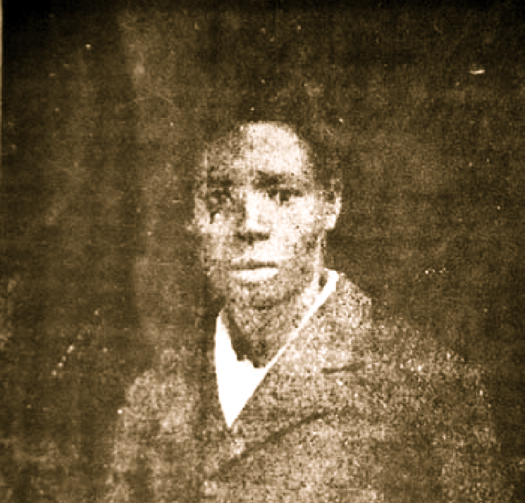Unknown Heroes of Horticulture: Edmund Albius

Reader Neko writes to say she’d like a little more information on where vanilla originally came from and how it came to be cultivated in places like Madagascar. Neko, I’d be delighted to write a little on that subject. In short, the history of vanilla is one of expropriation. It was originally cultivated by a coastal Mesoamerican people called the Totonac. They were conquered by the Aztecs who were in turn conquered by the Spaniards, from whom vanilla was stolen by the French and taken to the island of Réunion in the Indian Ocean.
Plantation owners on Réunion were feeling pretty clever until they realized that the vine cuttings they’d smuggled out of Mexico wouldn’t grow seed pods. Belgian botanist Charles Morren shortly realized that without the Melipona bee, which was native to the Mexican coast, vanilla orchids grown in other parts of the world couldn’t pollinate. And without pollination, any vanilla flowers that grew quickly browned and fell off the vine without producing pods. What few pods did grow on Réunion were the product of accidental pollination by ants and so on.
Attempts at artificial pollination were fruitless, no pun intended. The problem was a small membrane deep inside the orchid bloom that separated the stigma, the female pollen receiver, from the male pollen producer, the anther. The Melipona bee could lift the membrane and transfer pollen between the two, but no human tool could do it without destroying the blossom. Morren eventually invented an artificial method for pollinating the vanilla orchid, but is was so convoluted and expensive it wasn’t practical for the field.
Which is where a young man named Edmond Albius entered the picture and deprived Mexico of its global vanilla monopoly once and for all. Albius was a slave and an orphan, overall a 12-year-old nobody. But he was smart as a whip. He was born in 1829 on Réunion, and it just so happened that in 1841 he was sent to live with a noted French horticulturist by the name of Ferreol Bellier-Beaumont. Beaumont quickly took a liking to Albius, indeed practically adopted him as a son, and over time taught Albius just about everything he knew about plant husbandry.
Beaumont kept a few vanilla vines around his estate which he fiddled with from time to time to no effect whatsoever. So when Albius came to him one day to explain he’d succeeded in hand-pollinating vanilla orchids using a grass blade, Beaumont was more than a little skeptical. However shortly afterward vanilla pods started popping out all over Beaumont’s garden and he realized Albius was on to something. Beaumont quickly organized workshops for the owners and workers on the various estates on the island, which Albius oversaw. In time he developed a little bamboo tool to do the job of his grass blade, and in a few years the estate owners on Réunion were producing vanilla pods by the ton.
As you might expect, Albius’ discovery didn’t go down too well in horticultural circles in the French colonies. None of the PhD’s there liked being outdone by a slave boy. And indeed it wasn’t long before noted botanist Jean Richard claimed he’d invented the technique and taught it to Albius. Numerous protests by Beaumont and other Réunion landowners — backed by documentation — eventually set things to rights. But being a slave Albius never profited from his discovery, even after slavery was abolished in French-owned territories in 1848. Albius fell on hard times after that year, and even served time in jail for robbery. But he always had a place to live while Beaumont was alive. When he was freed from prison after serving five years of a 10-year sentence, Beaumont gave him a house where he lived for the rest of his life.
Sad story Joe.
Also shows us, looking at the latest problems, how important bees are.
Without them we won’t be eating too much anymore at all.
Peter
Quite true, Peter. Thanks!
– Joe
Many of not most of our staple foods are not pollinated by bees. Most grains are wind pollinated. I’ll agree that bees are an important pollinator, but they’re far being from the only the only one.
Yes, quite correct, Alice. Thanks for the clarification.
– Joe
Wow – thanks both Neko for the question and you for the answer!
Cheers, Mark!
– Joe